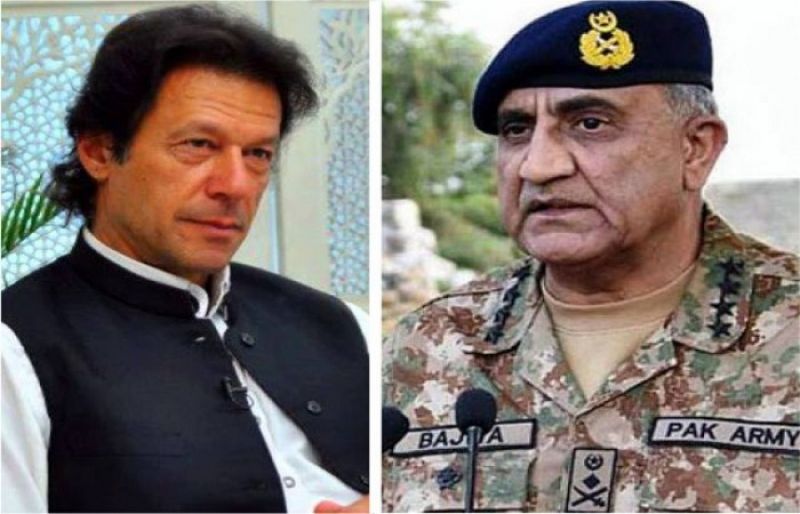The Pakistani military is not just an armed force but a powerful business organization too. A large number of businesses in Pakistan are controlled by former employees of the military. These businesses get government deals through their cronies in the government. The private wealth of the Pakistani military is around 20 billion dollars including 10 billion in land and another 10 billion other assets.
The military controls more than one-third of the nation’s heavy manufacturing industry and seven percent of private assets. The influence of business organisations run by the military personnel is so big that Pakistan-based political scientist Ayesha Siddiqa wrote a book named Military Inc: Inside Pakistan’s Military Economy on the topic. The democratically elected governments in the country openly support the business interest of senior military officials. “None of the political governments raised any major objections to the military-business complex during the 1990s,” said Siddiqa.
The major players in the business that are run or supported by senior military officials are Fauji Foundation, Shaheen Foundation, Bahria Foundation, Army Welfare Trust (AWT) and Defence Housing Authorities (DHAs). Some of these organizations are expected to hurt from the hike in the custom duty on the goods imported from Pakistan to 200 percent and withdrawal of the Most Favored Nation (MFN) status accorded to the hostile neighbor in 1996.
Fauji Foundation, one of the largest business organisations of the country run by retired senior military officials of Pakistan lists India as one of its major export destinations. The conglomerate runs various companies like Fauji Cereals, Foundation Gas, Fauji Fertiliser Company Ltd, Fauji Cement Co Ltd and lists South Asian nations including India as a major export destination of cements. The hike in import duty of cements will hurt the Fauji Foundation and the price of cement in India will also move northwards. However, the impact will not be huge, “They are cement surplus and we expect the cumulative impact to be Rs 10-20 per bag only,” said an official.
https://twitter.com/TrulyMonica/status/1096654331330379776?s=19
As Pakistan moved to the International Monetary Fund for a bailout package, the global lender asked for transparency in ‘Military Business (Milbus)’ of the country. The partial ban on Pakistani exports will definitely hurt the business community which includes military businesses. The Pakistani actors and artists were banned by All India Cine Workers Association. These artists work and earn in India to pay the taxes in Pakistan. The government of Pakistan allocates a huge sum to military and money, for this comes from the taxes paid by the actors and artists who earn money through work in Bollywood.
Economic warfare is one of the most effective ways to weaken any country. Pakistani economy is already very weak with the country going for 13th IMF bailout package in less than four decades. Pakistan has foreign exchange reserves of only 7 billion dollars despite the help from friendly countries like China and Saudi Arabia. If India takes a few more actions against Pakistan like revoking of the Indus Water Treaty, the economy of Pakistan will collapse very soon. Agriculture plays a very important role in Pakistan’s economy accounting for almost one-fifth of total GDP. If India revokes the IWT, this will be a big blow to already crumbling Pakistani economy.
